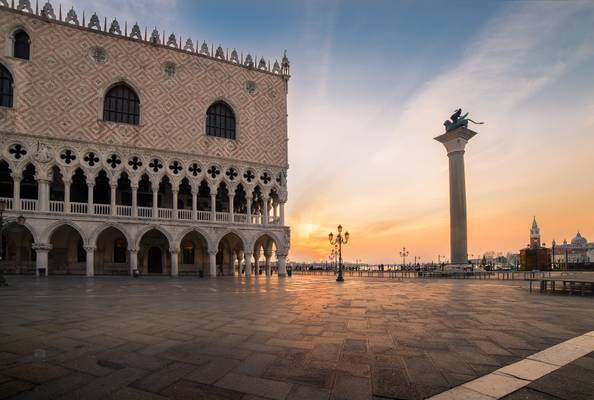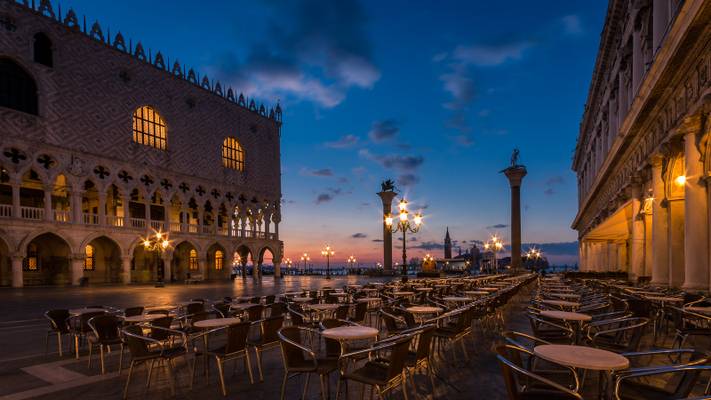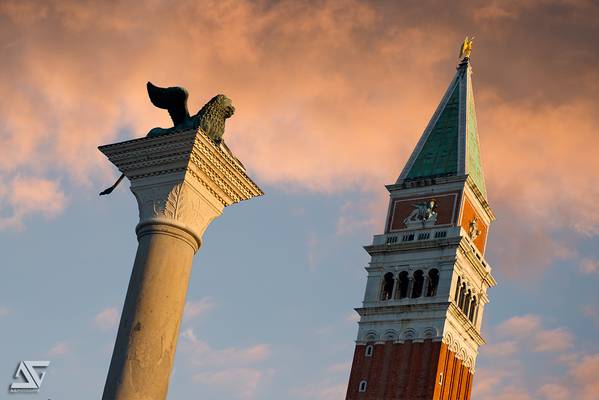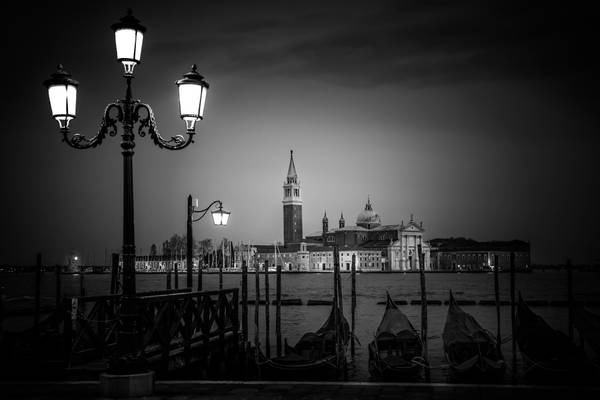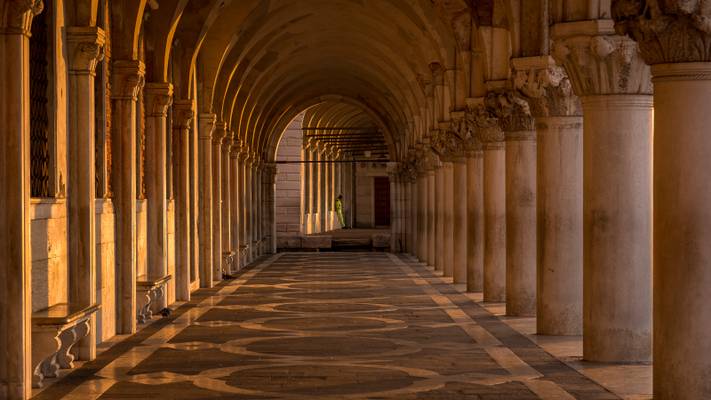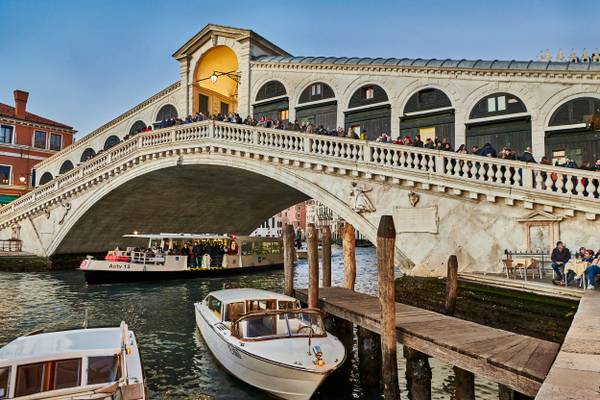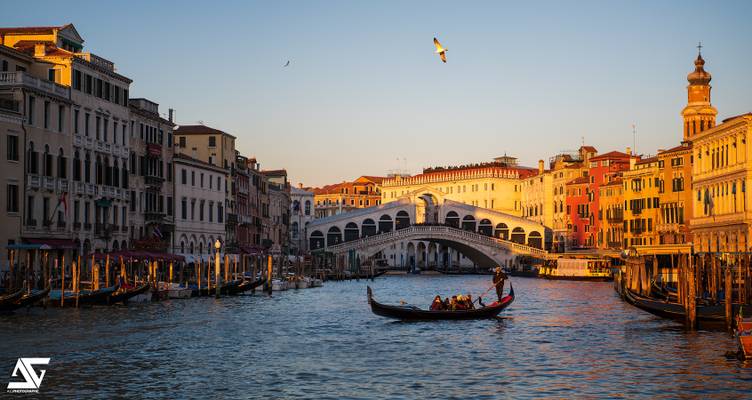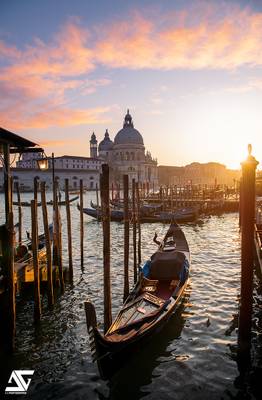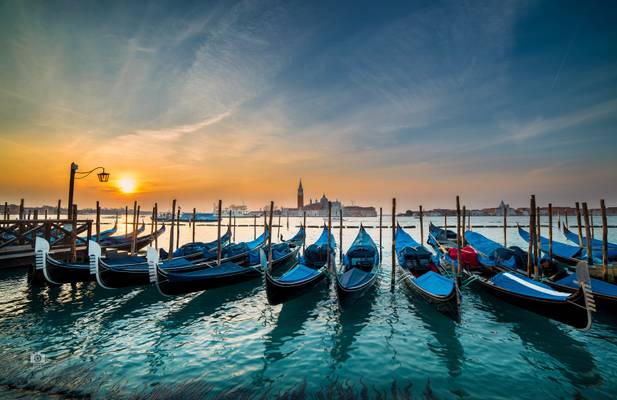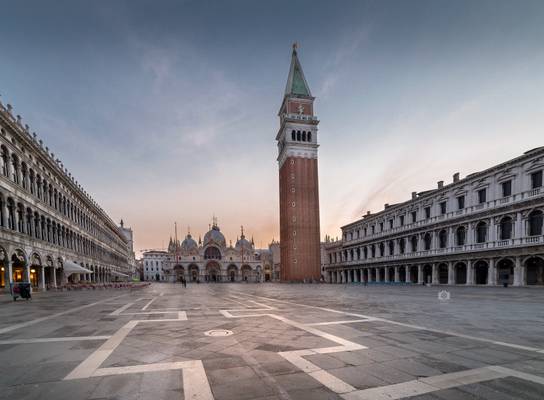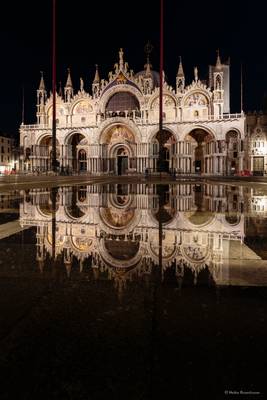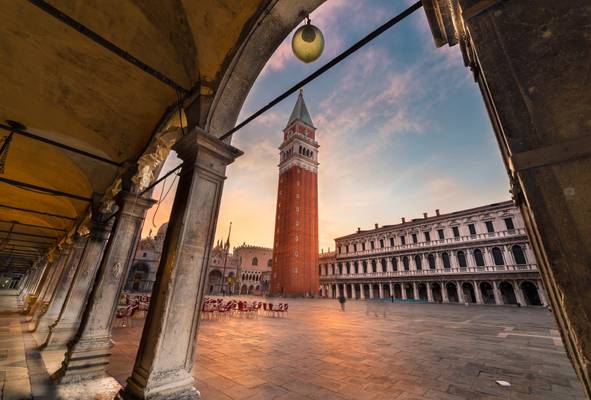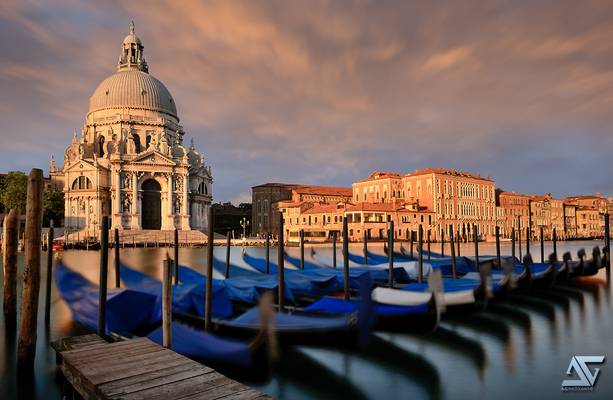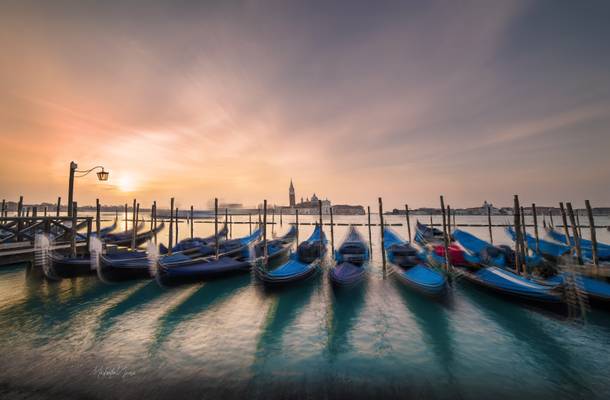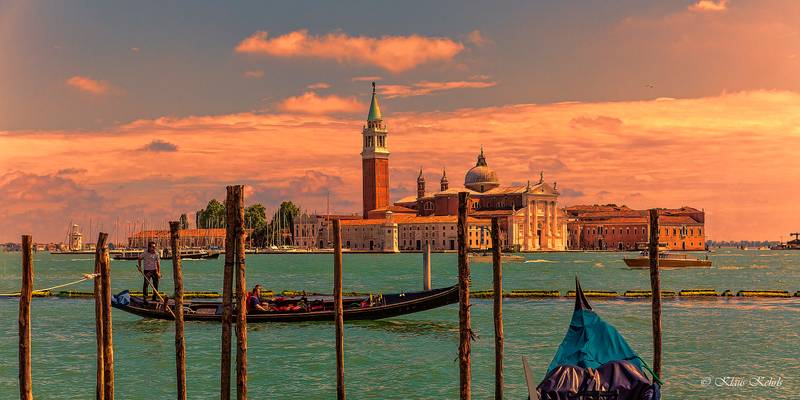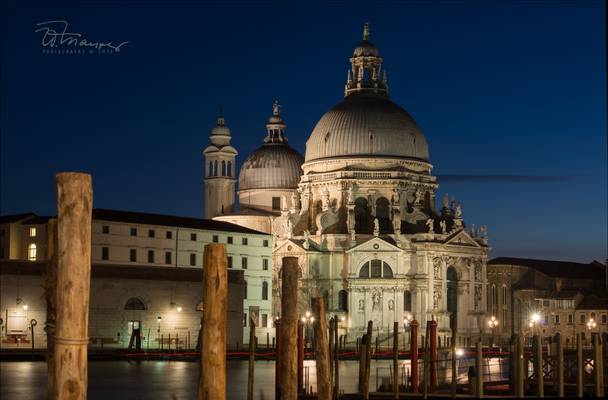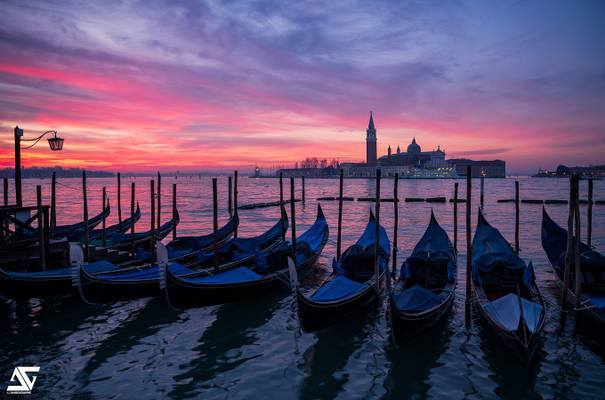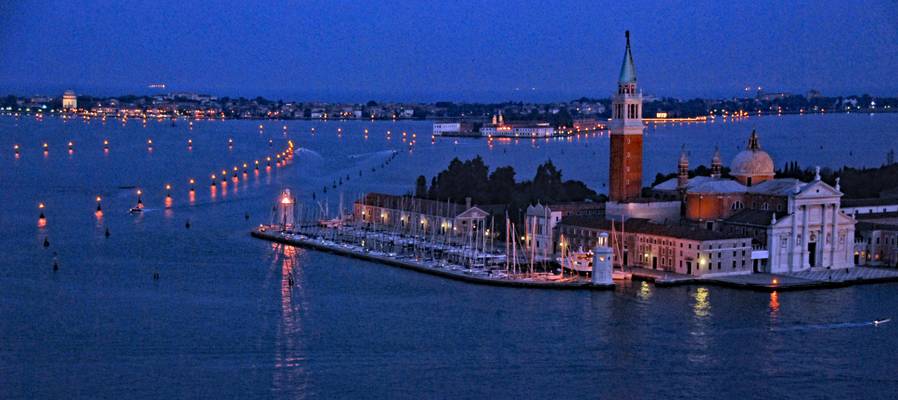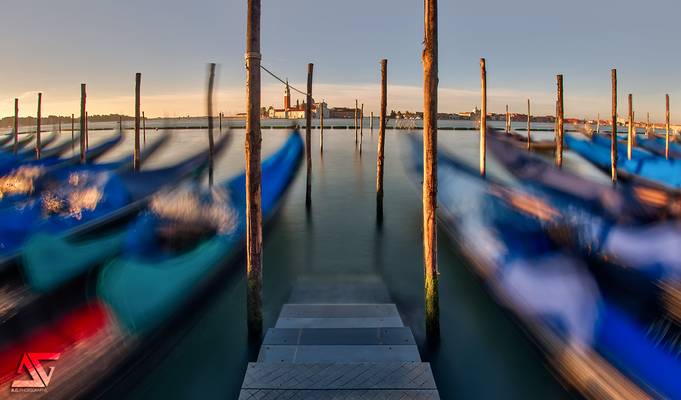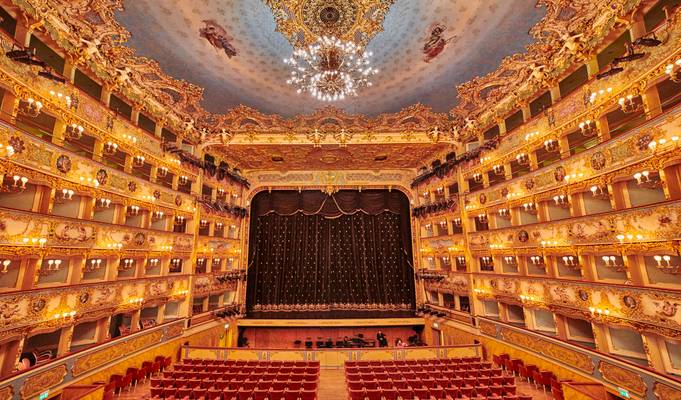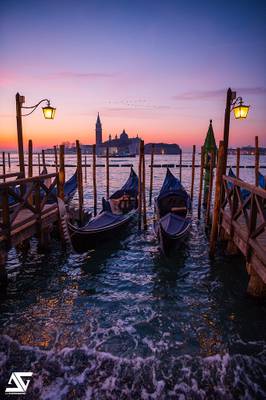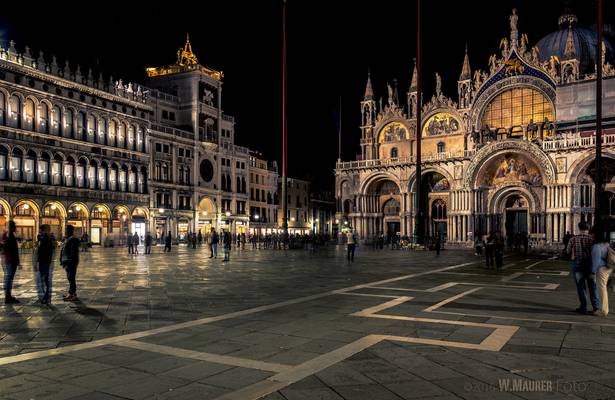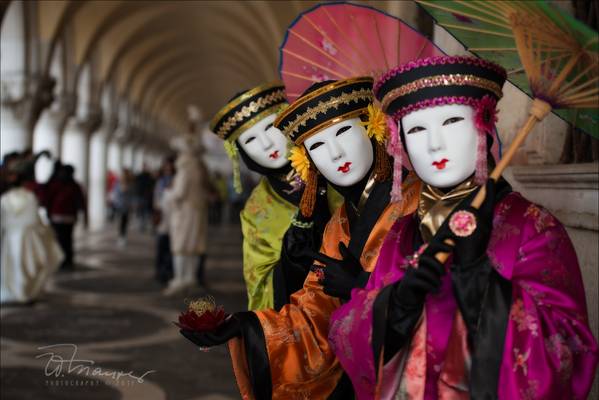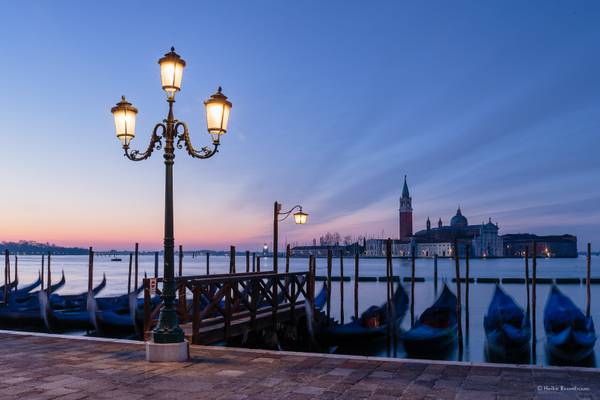
San Marco
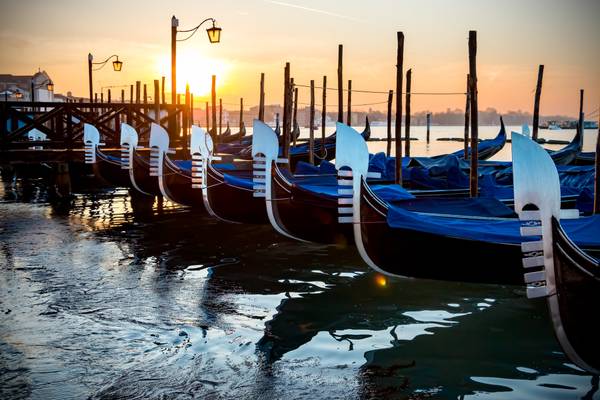
by Salvatore Petrantoni
Accomi all'alba nella serenissima alla ricerca di una immagine che possa ricordarmela.
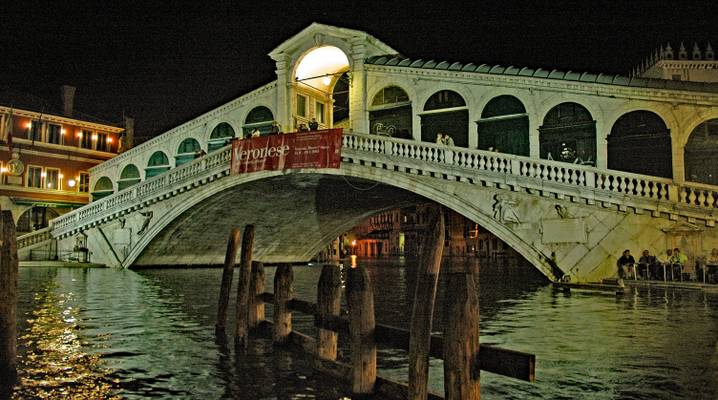
by SIMON Hervé
Ponte di Rialto, Venezia, Italia www.fluidr.com/photos/125601701@N03/interesting
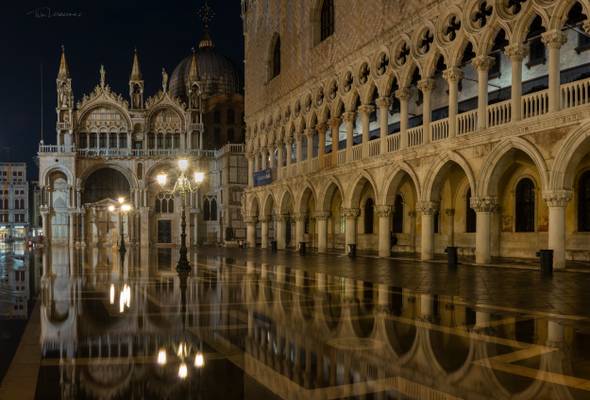
by Walter Maurer
The Basilica San Marco and the Doge's Palace at "acqua alta" at night. A magical reflection.
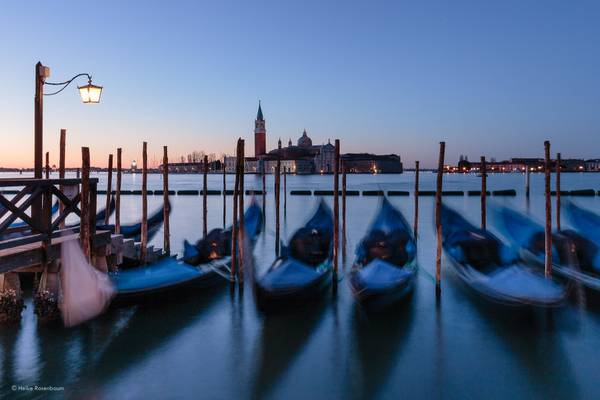
by Heike Rosenbaum
Der Klassiker und sicher schon millionenfach fotografiert. Aber auf jeder Reise in diese magische Stadt einfach ein Muss.
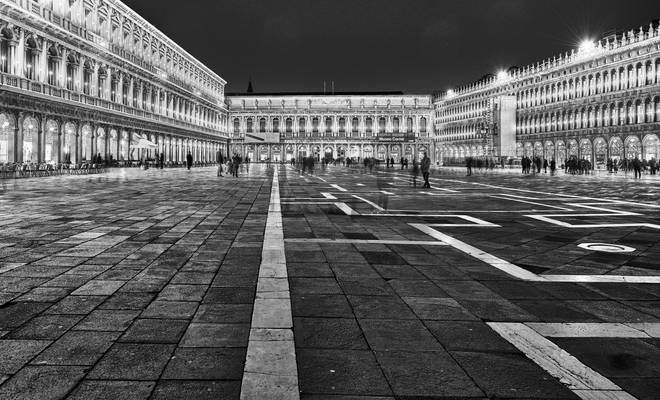
by Joao Eduardo Figueiredo
St Mark's Square
_DSC7441
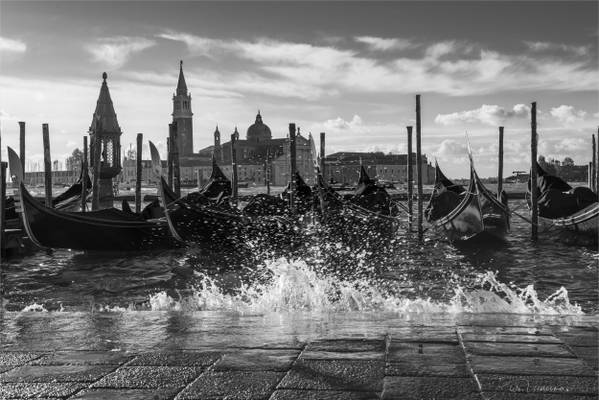
by Walter Maurer
One more time the Gondolas of Venice, splashing waves, wet stones and the silhouette of San Giorgio Maggiore in the distance. Hope you like it.
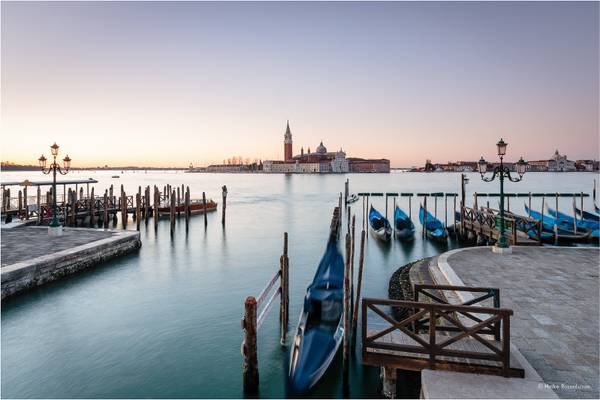
by Heike Rosenbaum
Ponte della Paglia, Venice
eplored February 19, 2018
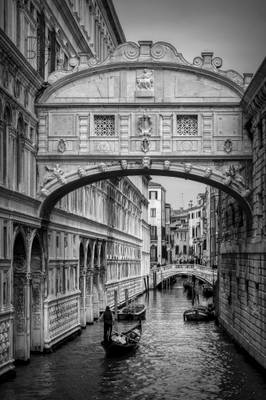
by Alan Taylor
My website: Deep Mono Photography
The Bridge of Sighs (Italian: Ponte dei Sospiri) is a bridge located in Venice, northern Italy. The enclosed bridge is made of white limestone and has windows with stone bars. It passes over the Rio di Palazzo and connects the New Prison (Prigioni Nuove) to the interrogation rooms in the Doge's Palace. It was designed by Antonio Contino (whose uncle Antonio da Ponte had designed the Rialto Bridge) and was built in 1600.
The view from the Bridge of Sighs was the last view of Venice that convicts saw before their imprisonment. The bridge name, given by Lord Byron in the 19th century, comes from the suggestion that prisoners would sigh at their final view of beautiful Venice through the window before being taken down to their cells. In reality, the days of inquisitions and summary executions were over by the time the bridge was built and the cells under the palace roof were occupied mostly by small-time criminals. In addition, little could be seen from inside the Bridge due to the stone grills covering the windows. - Wikipedia
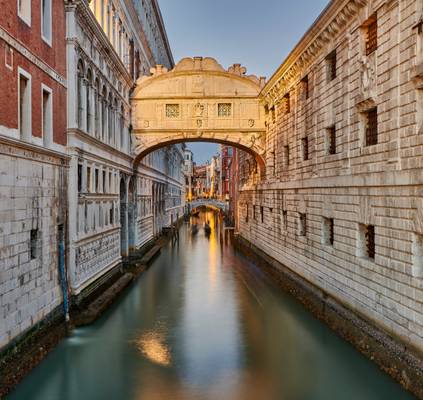
by Joao Eduardo Figueiredo
Bridge of Sighs
_DSC7390
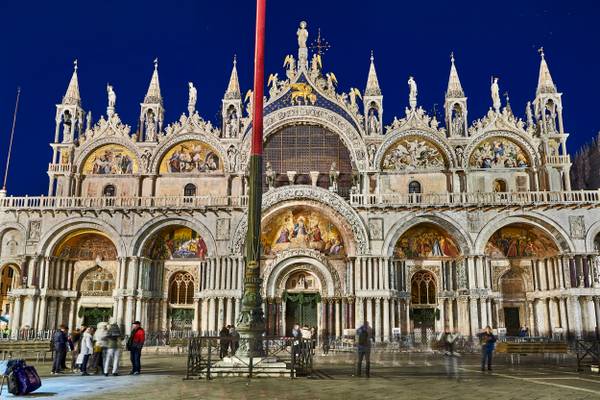
by Joao Eduardo Figueiredo
_DSC7417
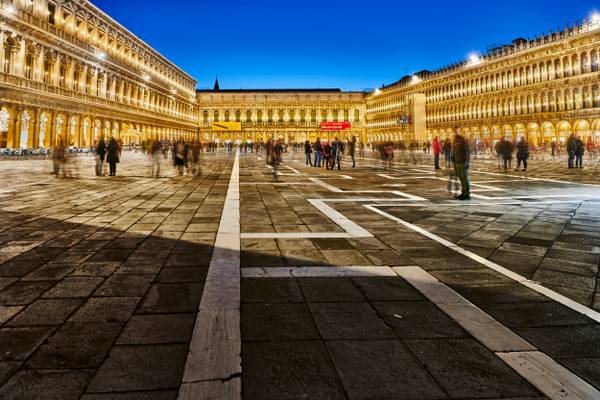
by Joao Eduardo Figueiredo
St Mark's Square
_DSC7414
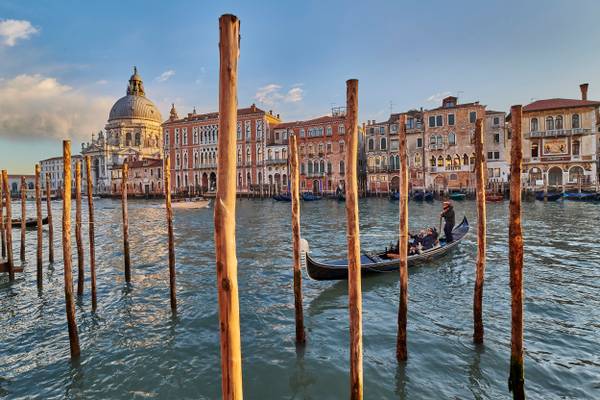
by Joao Eduardo Figueiredo
Basilica di Santa Maria della Salute and Grand Canal
_DSC7044
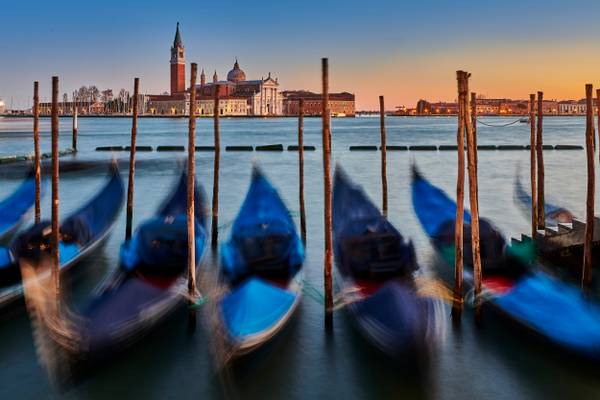
by Joao Eduardo Figueiredo
Basilica di San Giorgio Maggiore from Riva Degli Schiavoni
_DSC7396
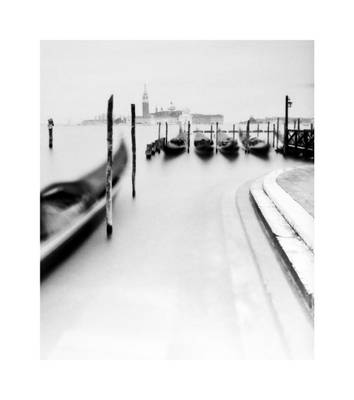
by Christian Seifert
Pentax 645N, 35mm lens on Medium Format Film.
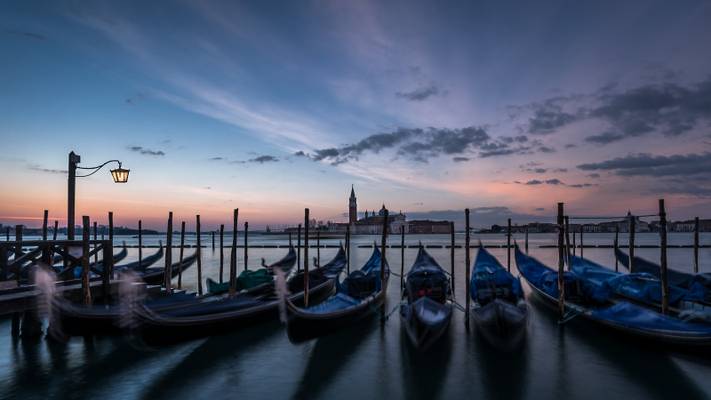
by Hilde Jüngst
View vom St. Mark´s Square to "San Giorgio Maggiore"
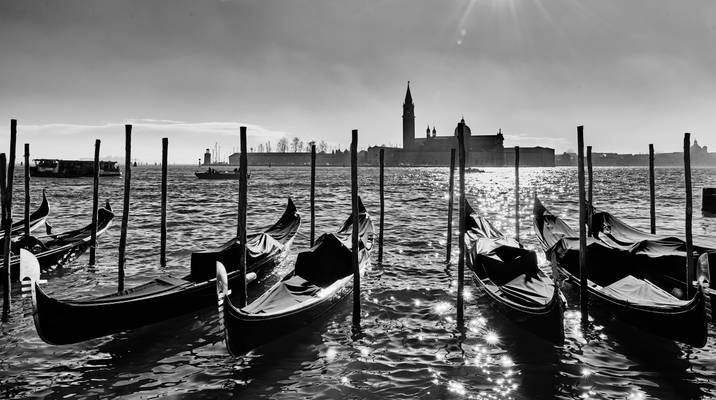
by Joao Eduardo Figueiredo
Basilica di San Giorgio Maggiore at dusk from Riva Degli Schiavoni
_DSC6797
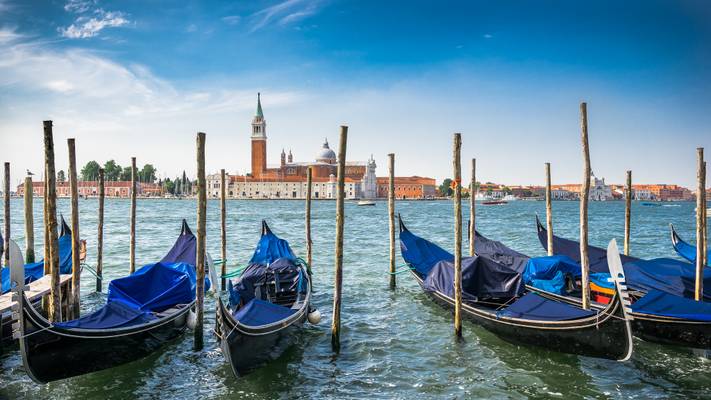
by Giuseppe Milo
If you like my pictures please support me buying a print from my shop www.pixael.com/en/shop thanks!
You can follow me on https://www.facebook.com/giuseppemilophoto https://twitter.com/pixael_com https://instagram.com/pixael/
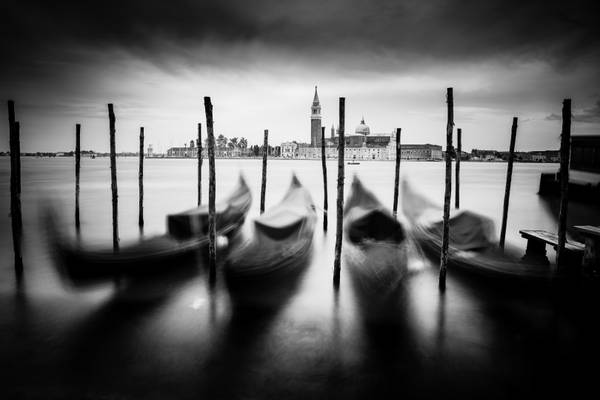
by Jakub Slováček
Gondolas and San Giorgio Maggiore in the background
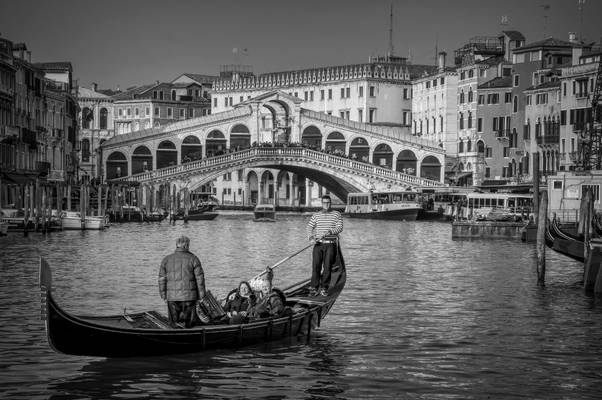
by Alan Taylor
My website: Deep Mono Photography
The first dry crossing of the Grand Canal was a pontoon bridge built in 1181 by Nicolò Barattieri. It was called the Ponte della Moneta, presumably because of the mint that stood near its eastern entrance.
The development and importance of the Rialto market on the eastern bank increased traffic on the floating bridge, so it was replaced in 1255 by a wooden bridge. This structure had two inclined ramps meeting at a movable central section, that could be raised to allow the passage of tall ships. The connection with the market eventually led to a change of name for the bridge. During the first half of the 15th century, two rows of shops were built along the sides of the bridge. The rents brought an income to the State Treasury, which helped maintain the bridge. Maintenance was vital for the timber bridge. It was partly burnt in the revolt led by Bajamonte Tiepolo in 1310. In 1444, it collapsed under the weight of a crowd watching a boat parade and it collapsed again in 1524.
The idea of rebuilding the bridge in stone was first proposed in 1503. Several projects were considered over the following decades. In 1551, the authorities requested proposals for the renewal of the Rialto Bridge, among other things. Plans were offered by famous architects, such as Jacopo Sansovino, Palladio and Vignola, but all involved a Classical approach with several arches, which was judged inappropriate to the situation. Michelangelo also was considered as designer of the bridge. The present stone bridge, a single span designed by Antonio da Ponte, was finally completed in 1591. It is similar to the wooden bridge it succeeded. Two inclined ramps lead up to a central portico. On either side of the portico, the covered ramps carry rows of shops. The engineering of the bridge was considered so audacious that architect Vincenzo Scamozzi predicted future ruin. The bridge has defied its critics to become one of the architectural icons of Venice. Wikipedia
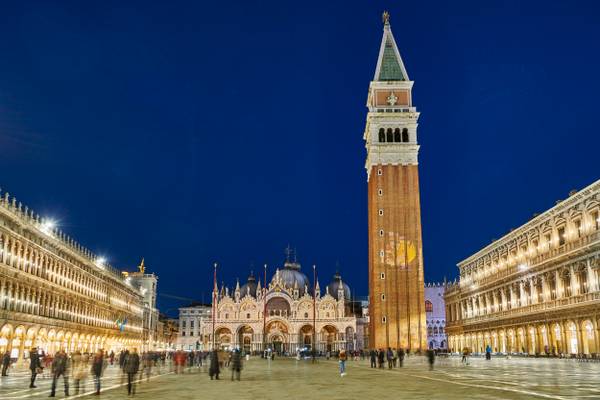
by Joao Eduardo Figueiredo
St Mark's Square
_DSC7426
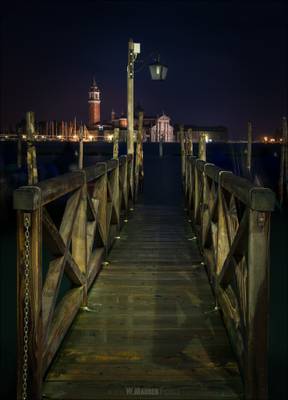
by Walter Maurer
Blick nach San Giorgio Maggiore von San Marco aus.
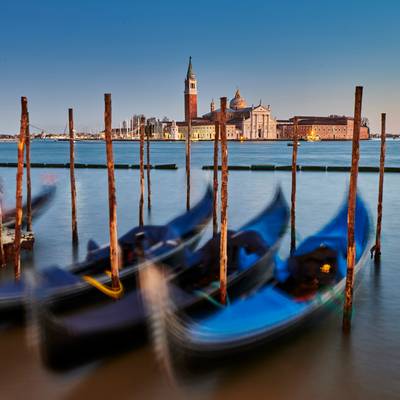
by Joao Eduardo Figueiredo
Basilica di San Giorgio Maggiore at dusk from Riva Degli Schiavoni
_DSC7402
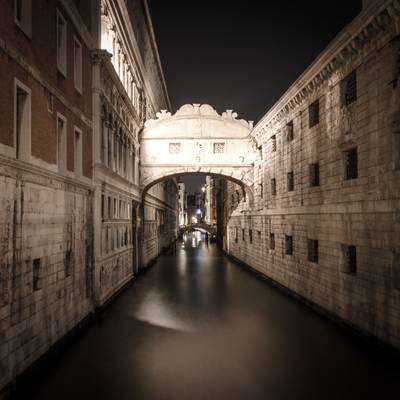
by Hilde Jüngst
The Bridge of Sighs (Italian: Ponte dei Sospiri) is a bridge located in Venice, northern Italy. The enclosed bridge is made of white limestone and has windows with stone bars. It passes over the Rio di Palazzo and connects the New Prison (Prigioni Nuove) to the interrogation rooms in the Doge's Palace. It was built in 1600.
The view from the Bridge of Sighs was the last view of Venice that convicts saw before their imprisonment. The bridge name, given by Lord Byron as a translation from the Italian "Ponte dei sospiri" in the 19th century, comes from the suggestion that prisoners would sigh at their final view of beautiful Venice through the window before being taken down to their cells. In reality, the days of inquisitions and summary executions were over by the time the bridge was built and the cells under the palace roof were occupied mostly by small-time criminals. In addition, little could be seen from inside the Bridge due to the stone grills covering the windows.
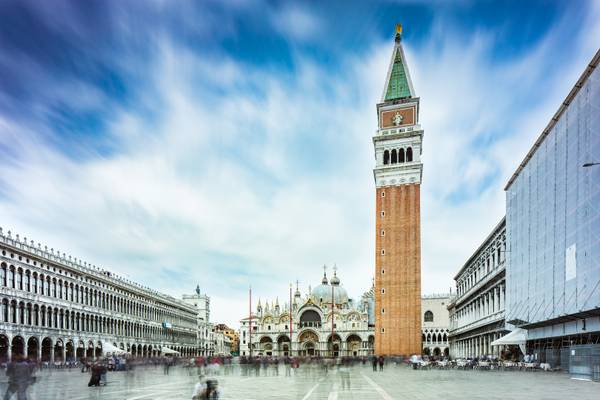
by Jakub Slováček
Piazza San Marco, Basilica Cattedrale Patriarcale di San Marco
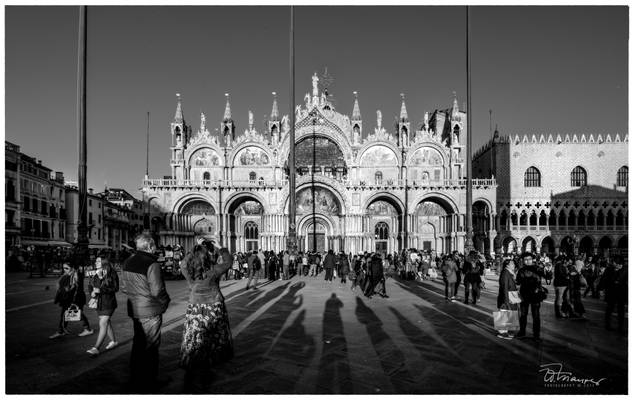
by Walter Maurer
In spite the great colors at that time, shortly before sunset, I thought a black and white version would bring out the lines of the shadows better, wich guide the eye to this fantastic facade of St. Marco church. May be I upload the color version later.
Thanks to all Phoide contributors to San Marco!
Most notably Joao Eduardo Figueiredo, Michele Naro, AG PHOTOGRAPHE, Heike Rosenbaum, Walter Maurer, SIMON Hervé, Hilde Jüngst and Alan Taylor.
